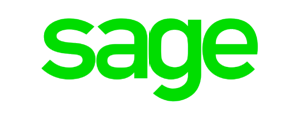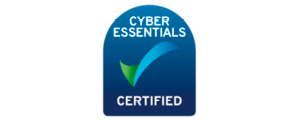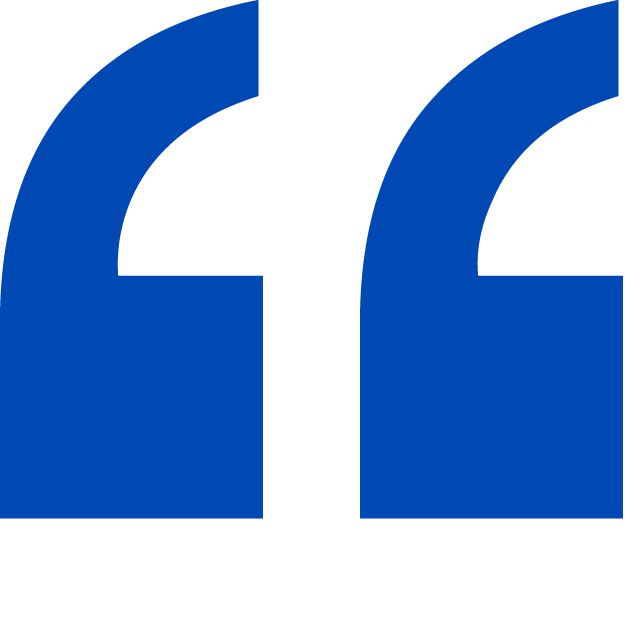Choosing the Ideal Recurring Payment Method for Your Business
Are you eager to streamline regular payments from your customers? If you’re seeking the most efficient approach to collect utility bills, subscription payments, or any other form of recurring payment, you’ve come to the right place. In this guide, we’ll explore three of the most popular recurring payment methods: Direct Debit (DD), Standing Orders (SO), and Recurring Card Payments (RCP). We’ll assess them based on cost, success rates, speed, control, and complexity. So, let’s dive in!
Cost – Finding the Most Economical Option
One of the most pressing questions we often encounter when considering recurring payments is their cost. Here’s how these methods stack up:
Standing Order: No cost at all! These are free to manage, as long as you can oversee them effectively, making them an economical choice.
Recurring Card Payments: Moderately high, typically around 1.4% of the transaction value plus 20p per transaction. Additional fees, such as non-secure transactions or recurring payments, may increase the overall cost.
Direct Debit: Costs vary from low to medium. If your annual turnover is approximately £5 million, and you maintain a strong relationship with your bank, you may secure your Service User Number and handle Direct Debits yourself, resulting in a cost-effective solution. Smaller businesses may need a Service User Number from a third party, slightly increasing costs while offering benefits like improved Direct Debit management.
Success Rates – Ensuring Payment Reliability
It’s vital to prevent payment failures when collecting payments. Here’s a look at success rates:
Standing Order: Success rates vary, as they depend on individual customers and their reliability. Standing Orders rely entirely on customers to set them up and can be cancelled without notice.
Recurring Card Payments: Approximately 85% success rate. Card expiry, loss, and insufficient funds can lead to payment failures.
Direct Debit: 98.5% or higher success rate (sector-dependent). Direct Debit is known for its reliability, being bank-to-bank, with fewer failure points. Businesses can initiate payments without customer involvement, eliminating the hassle of failed or lost cards.
Speed – How Quickly Do Funds Clear?
Let’s examine the time it takes for funds to reach your bank account through these payment methods:
Standing Order: 3-5 working days. While they are typically processed the same day they’re set up, it takes 3-5 working days for funds to clear and appear in your account.
Recurring Card Payments: 3-4 working days. Payments usually take 3-4 working days from collection to completion. Faster Payments can expedite same-day transfers but aren’t guaranteed.
Direct Debit: 4-5 working days. Direct Debits also require processing time by Bacs. Additionally, you must provide customers with advance notice, which can extend the time between sign-up and fund availability.
Control – Managing Payment Flexibility
Gaining control over payments is essential, especially when adjusting charges or payment schedules:
Standing Order: Virtually no control. Customers set their payment schedules independently, leaving you powerless to alter charges, payment dates, or other payment parameters.
Recurring Card Payments: A moderate level of control, similar to Direct Debits. However, changes in customer bank accounts or cards may be beyond your control.
Direct Debit: Very high level of control. Direct Debits offer flexibility to adjust charges and schedules without customer involvement.
Complexity – Simplifying Management
Simplicity and efficiency in managing payments are crucial. Here’s how each method fares:
Standing Order: Very simple to set up but can be complex if customers make errors in setting them up.
Recurring Card Payments: Fairly complex due to the platform’s design, which originally focused on one-off ecommerce payments.
Direct Debit: Easy to use, with matured systems and front-end collection software simplifying both setup and management, as well as easing reconciliation.
Need Help with Your Payments?
At FastPay, we help a multitude of businesses and organisations take care of their payments. From our Direct Debit Managed service and Powerful Integrations to the FastPay Direct Debit Bureau, we’re committed to providing a payment solution tailored to our client’s needs.
Start a conversation with our friendly team today by calling 0161 737 5290 or get in touch online.












